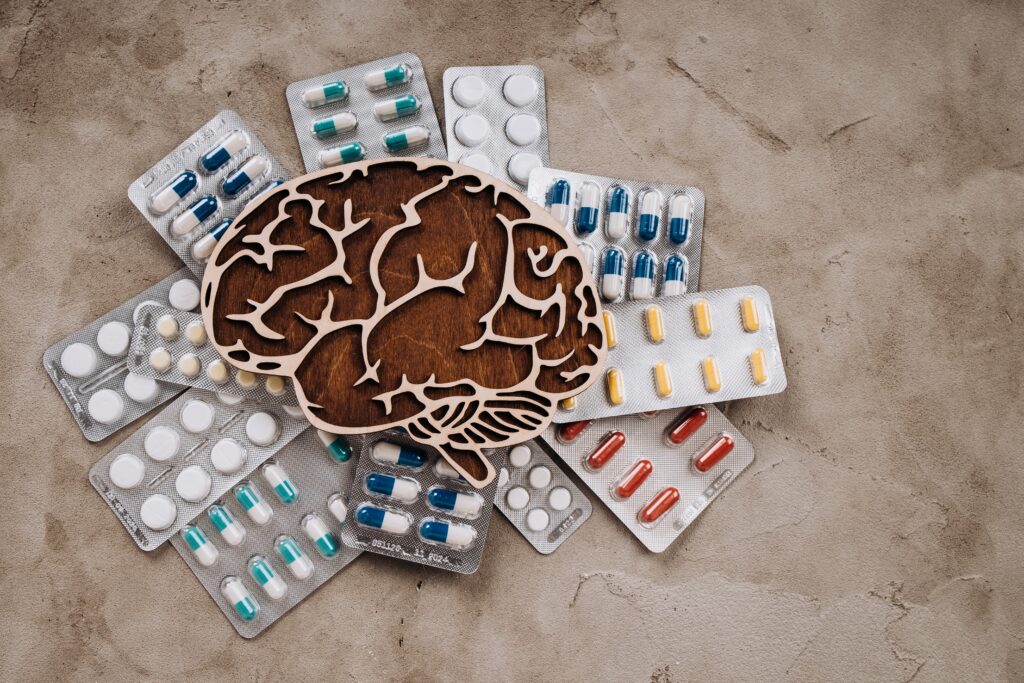
Five-mer peptides prevent short-term spatial memory deficits in induced Alzheimer’s model mouse
The development of drugs for Alzheimer’s disease (AD), which is related to the misfolding and aggregation of amyloid-β (Aβ), is high in demand due to the growing number of AD patients. In this study, we screened 22 kinds of 5-mer synthetic peptides derived from the Box A region of Tob1 protein to find a peptide effective against Aβ aggregation. A Thioflavin T (ThT) assay was performed to evaluate aggregation and screen aggregation inhibitors. Male ICR mice (6 weeks old) were administered saline, 9 nmol Aβ25-35, or a mixture of 9 nmol Aβ25-35 and 9 nmol GSGFK in the right lateral ventricle. Short-term spatial memory was assessed through Y-maze. Microglia cells (BV-)2 cells were plated on 24-well plates (4 × 104 cells/well) and incubated for 48 h, and then, the cells were treated with 0.01, 0.05, 0.1, 0.2, or 0.5 mM GSGFK. After incubation for 24 h, bead uptake was evaluated using a laser confocal microscope and Cytation 5. The scientists found two kinds of peptides, GSGNR and GSGFK, that were not only suppressed by aggregation of Aβ25-35 but also resolved the aggregated Aβ25-35. Results obtained from the Y-maze test on an Aβ25-35-induced AD model mouse indicated that GSGFK prevents the deficits in short-term memory induced by Aβ25-35. The effect of GSGFK on phagocytosis in BV-2 cells proved that GSGFK activates the phagocytic ability of microglia.
Discover More